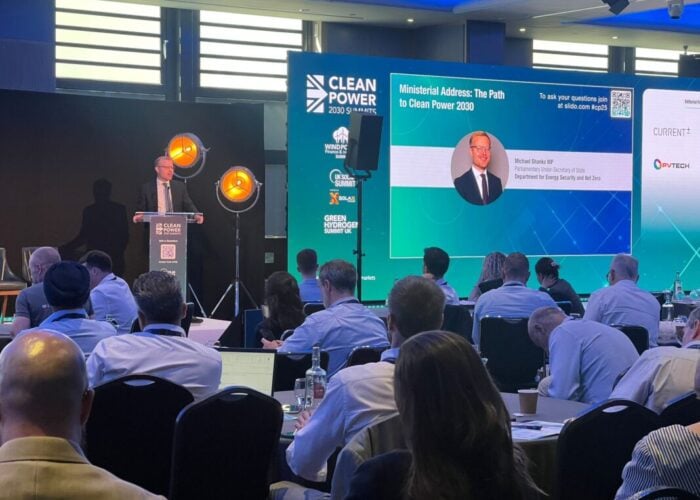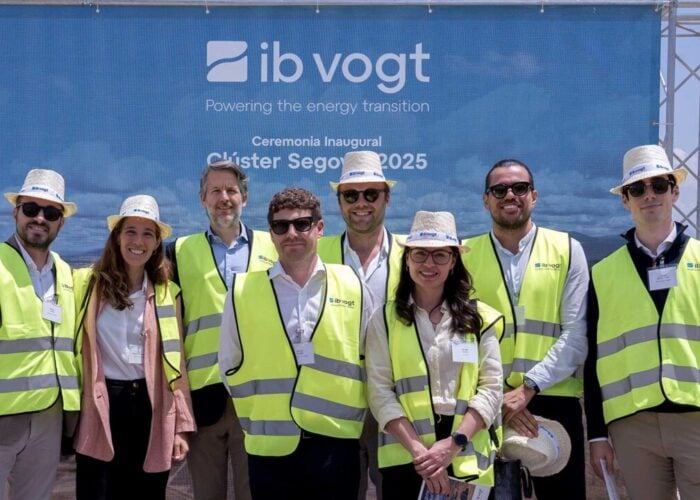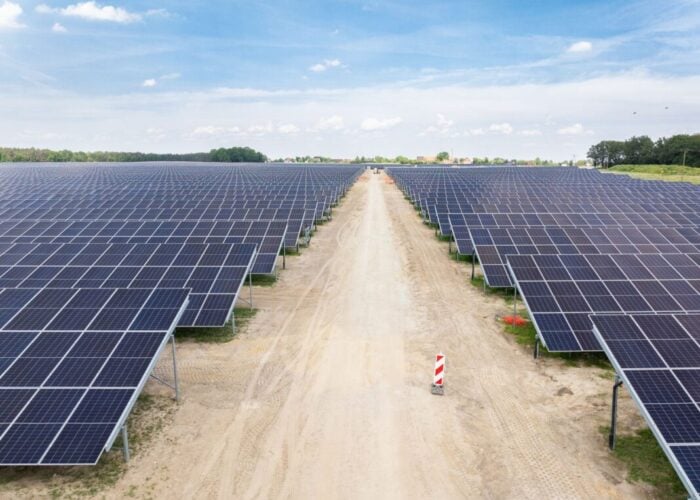Module manufacturer CSUN has called the three-busbar patent infringement claim by Kyocera against Hanwha QCELLS a “crisis signal”.
Kyocera filed a lawsuit with Tokyo District Court last month over the alleged breach of patent 4953562 issued in Japan in March 2012, which covers its three-busbar designed solar cell.
Unlock unlimited access for 12 whole months of distinctive global analysis
Photovoltaics International is now included.
- Regular insight and analysis of the industry’s biggest developments
- In-depth interviews with the industry’s leading figures
- Unlimited digital access to the PV Tech Power journal catalogue
- Unlimited digital access to the Photovoltaics International journal catalogue
- Access to more than 1,000 technical papers
- Discounts on Solar Media’s portfolio of events, in-person and virtual
Michael Liu, vice president of sales, CSUN said Chinese firms had taken around a 50% market share in the Japanese market with most panels based on a three-busbar technology.
“The well-known Japanese enterprise proposed the patent war of ‘three-busbar electrode structure’ at this time; it’s a crisis signal to most PV manufacturers,” said Liu, suggesting that Kyocera's patent claim was a response to the success enjoyed by overseas PV manufacturers in Japan.
“With independent intellectual property rights, CSUN has already got the patent for five-busbar solar cell in China, and plans to get global patent by the end of this year,” addedLiu.
Hanwha Q CELLS has told PV Tech that it was aware of Kyocera’s issued statement over starting legal proceedings against its Japanese subsidiary but had not yet received a copy of the petition. The company later said in a statement to PV Tech that its products are not part of the patent infringement case, rather products previously sold by Hanwha Q CELLS Japan. Hanwha Q CELLS Japan was formerly a subsidiary of Korean conglomerate, Hanwha selling a range of products in Japan, including a range of PV modules from a number of unspecified manufacturers.
CSUN is confident that it will not be impacted by the Kyocera claim.
“CSUN started to develop five-busbar solar cell technology from 2010, and successfully released a commercial product in Q1 of 2012, a little earlier than Kyocera announced its three-busbar technology patent. We have independent intellectual property rights, so it’s free from Kyocera’s ‘three-busbar electrode structure’ patent blockade,” said Dr. Lv Jun, GM of CSUN R&D factory.







